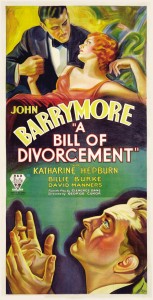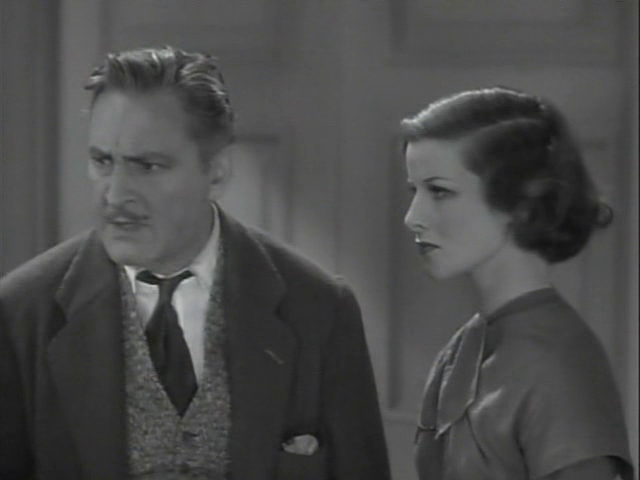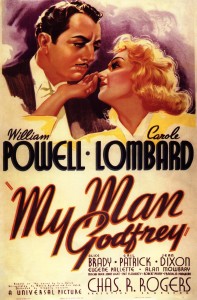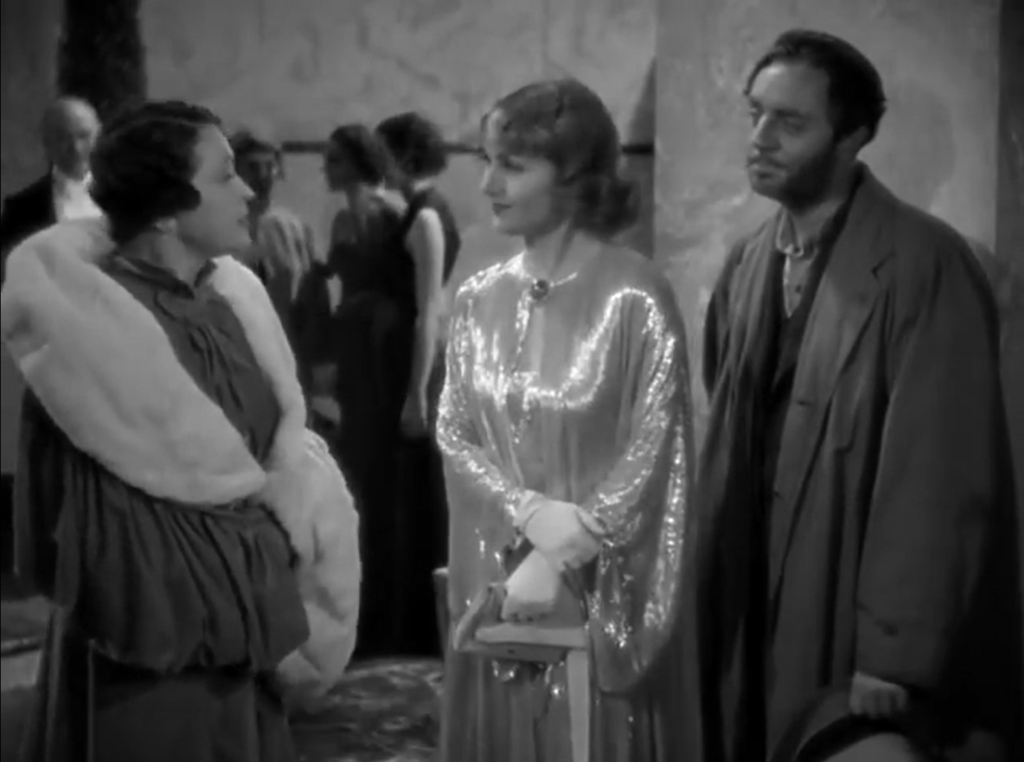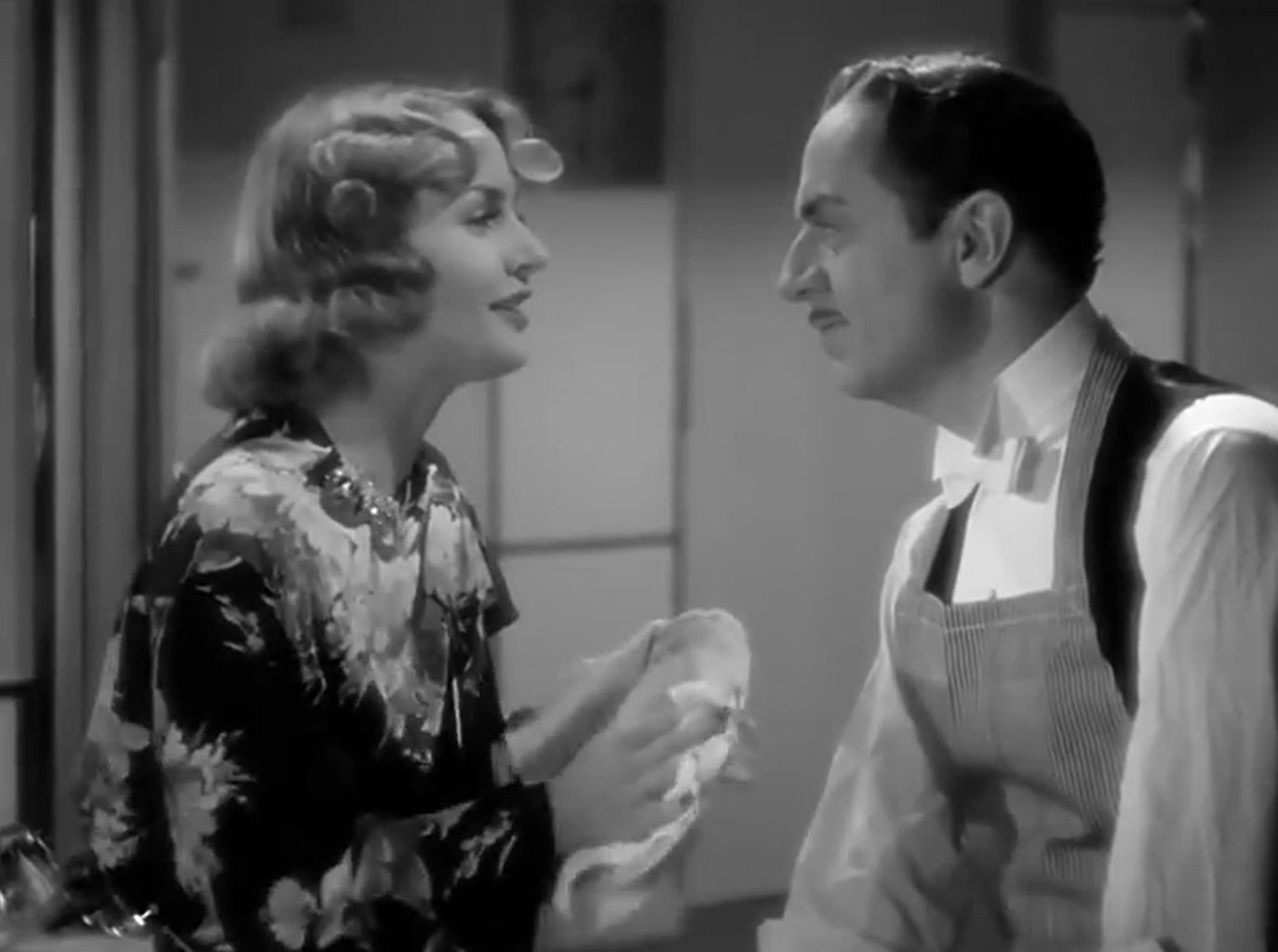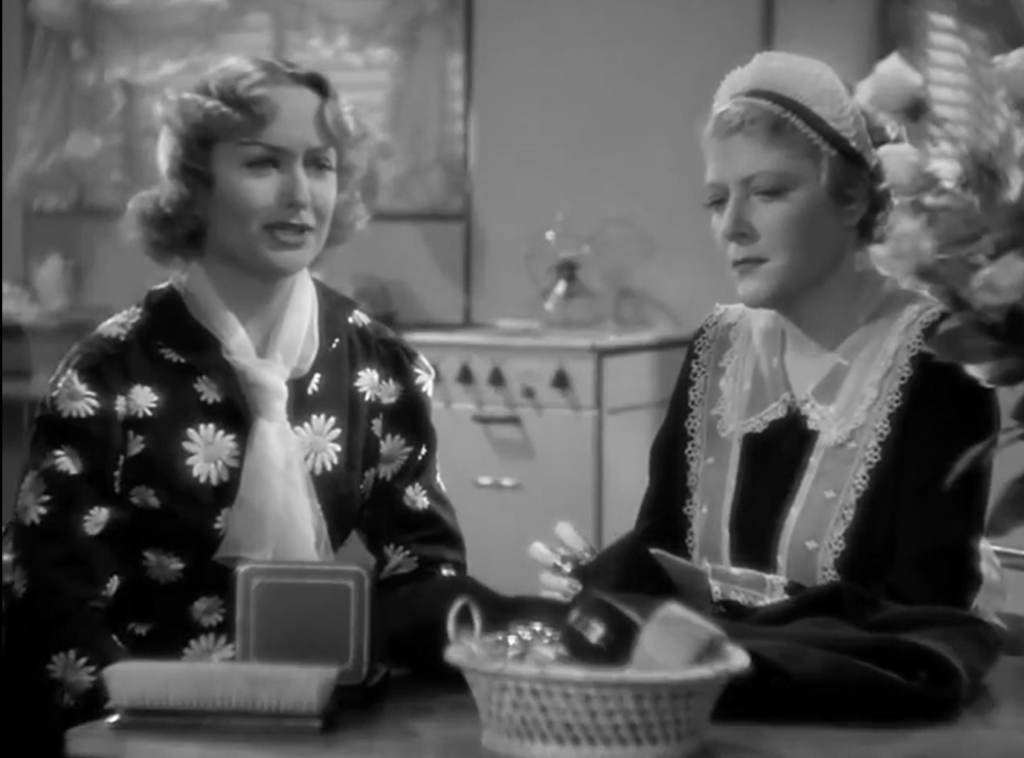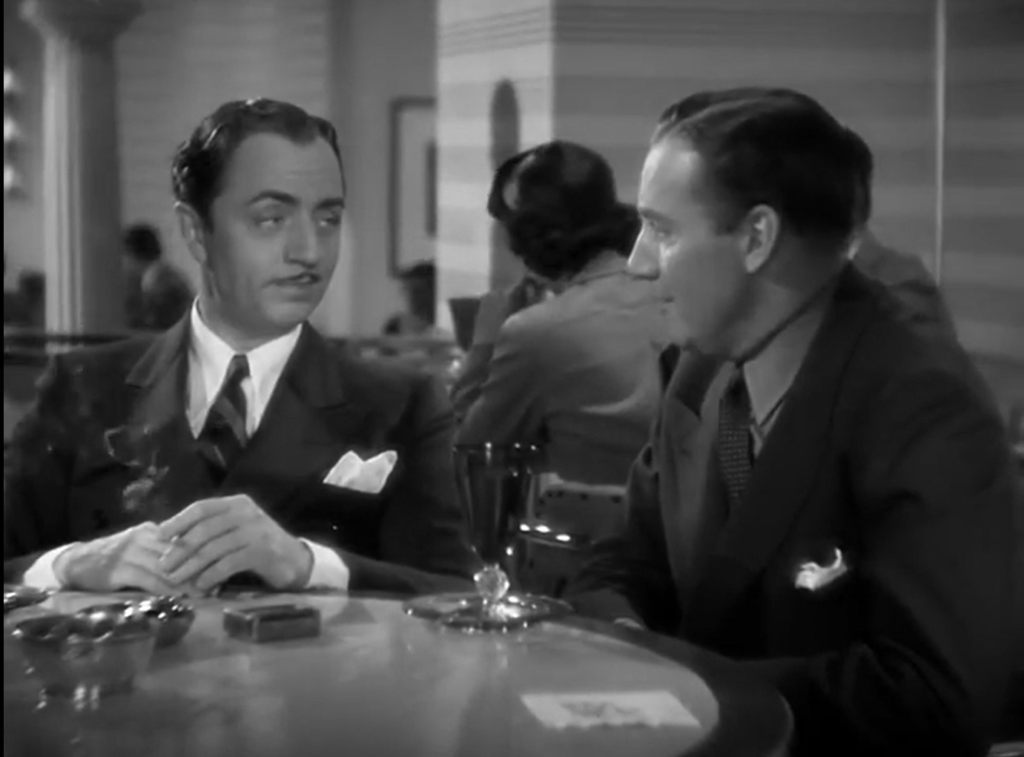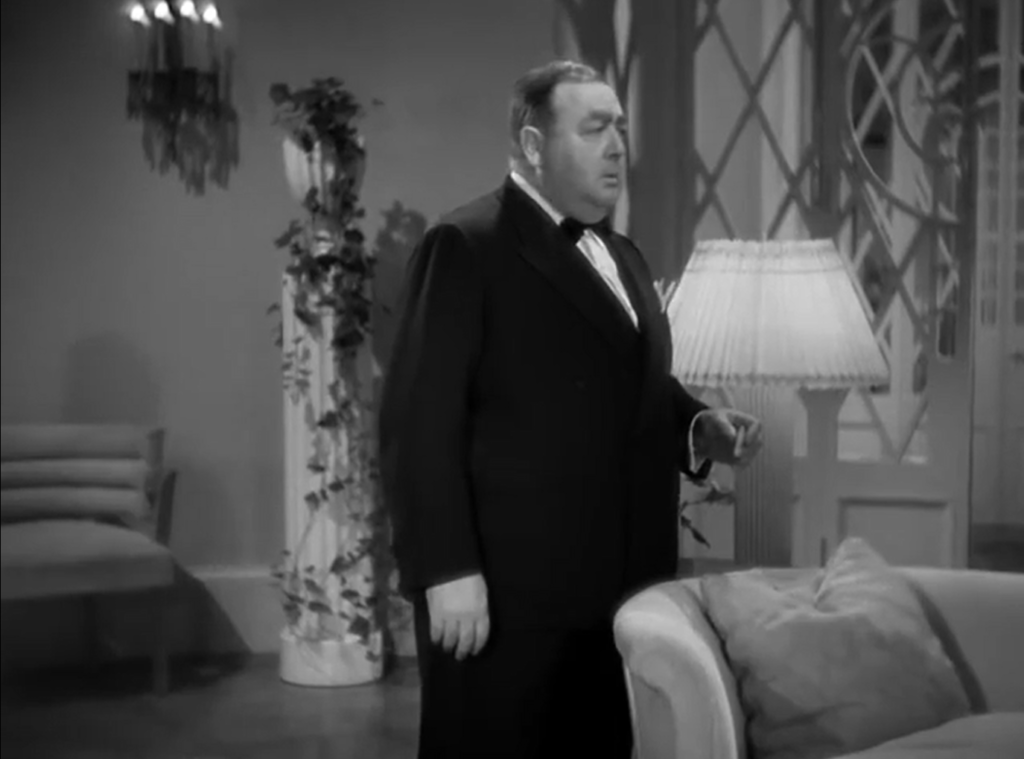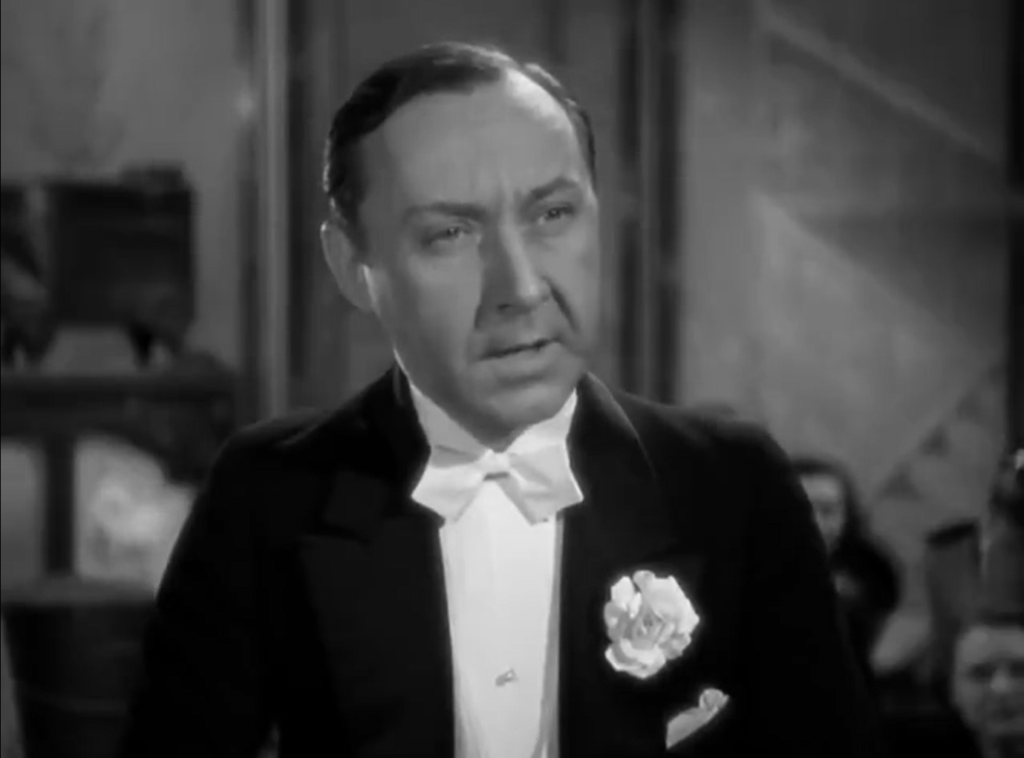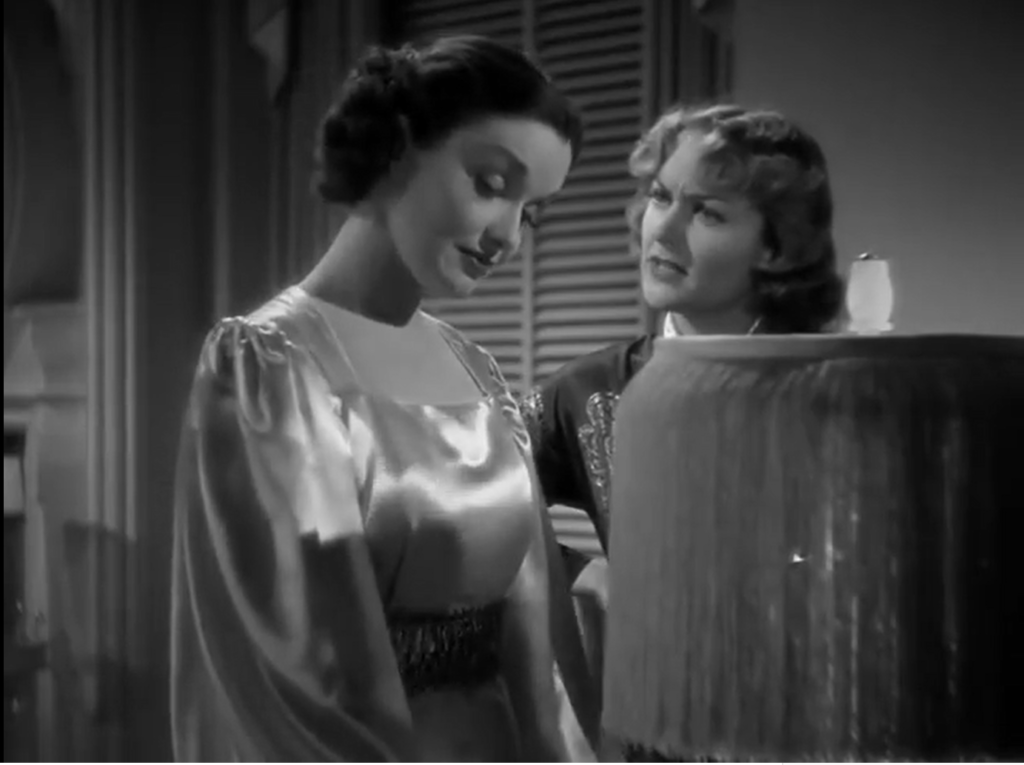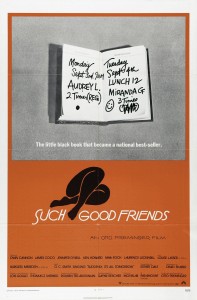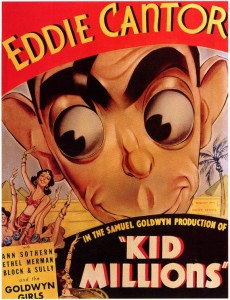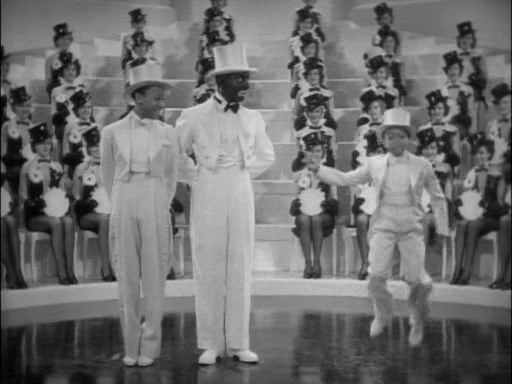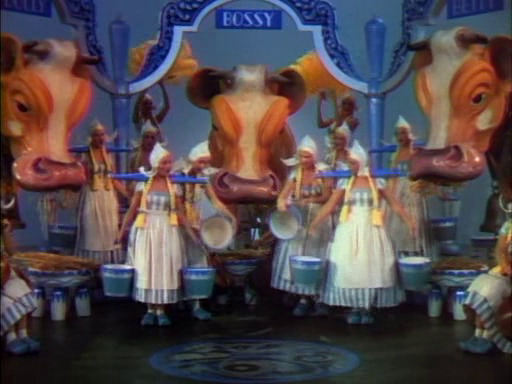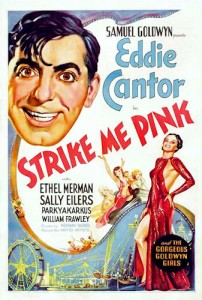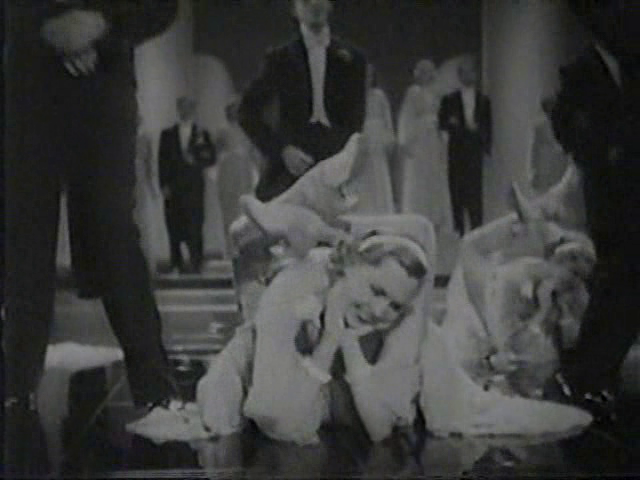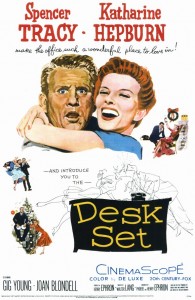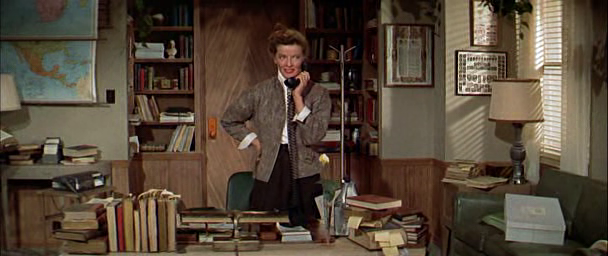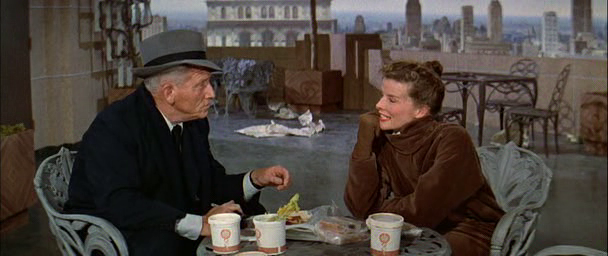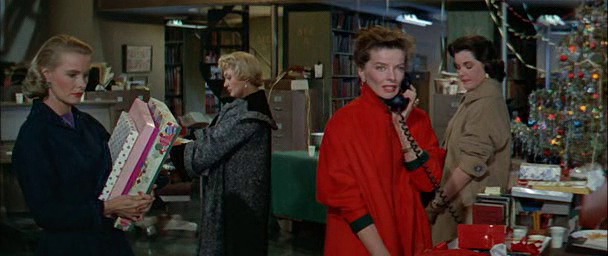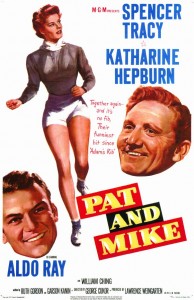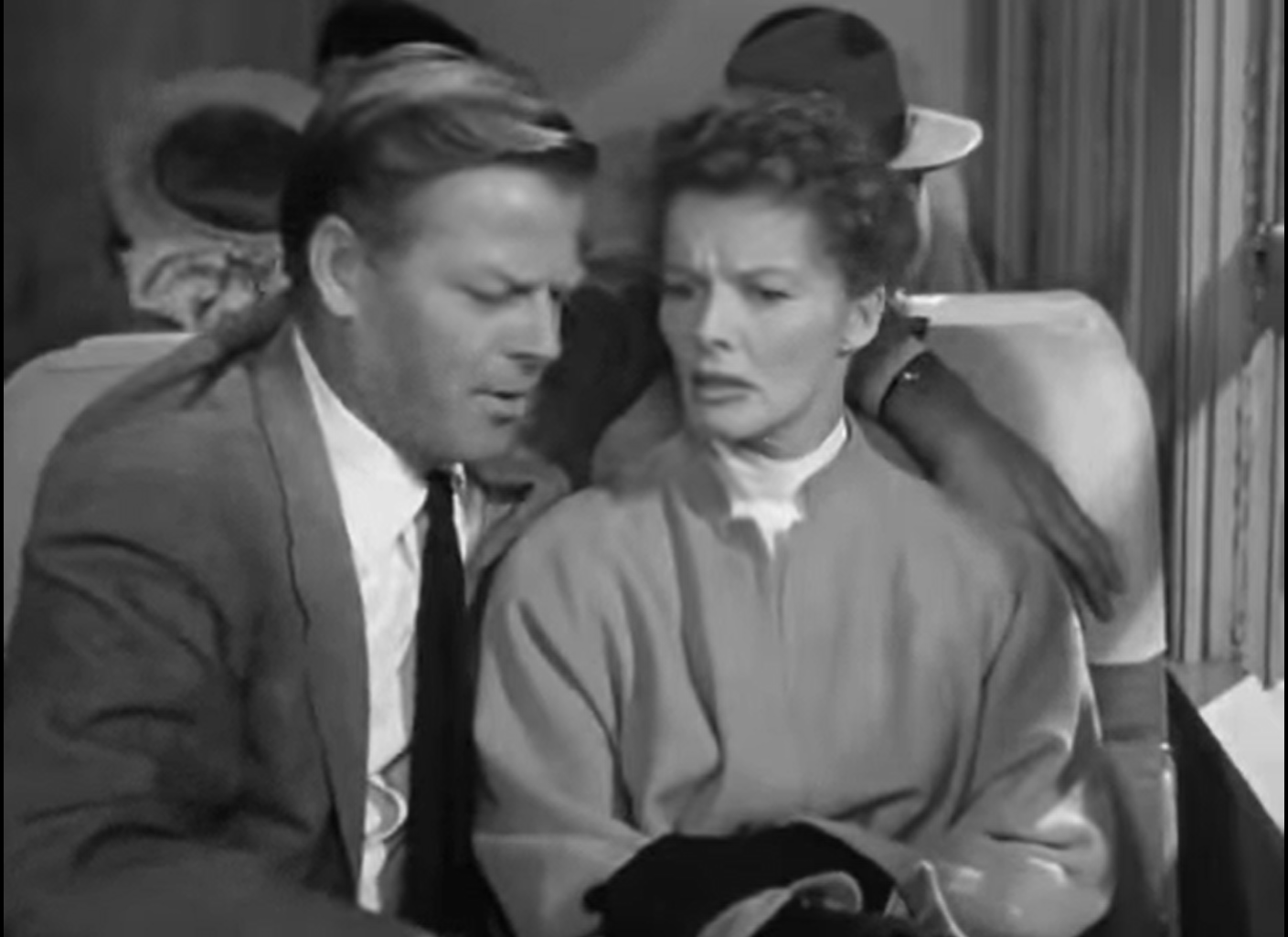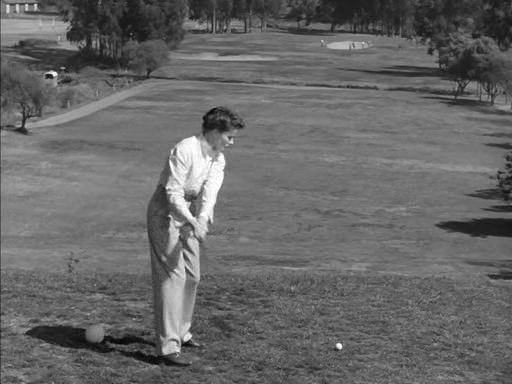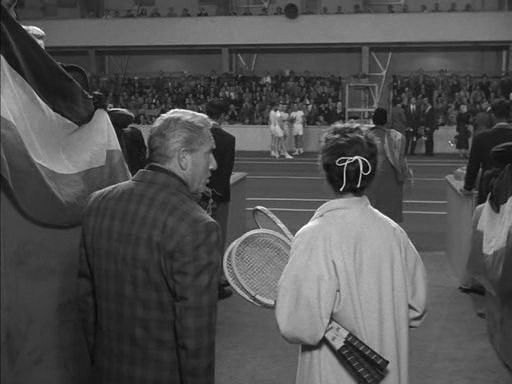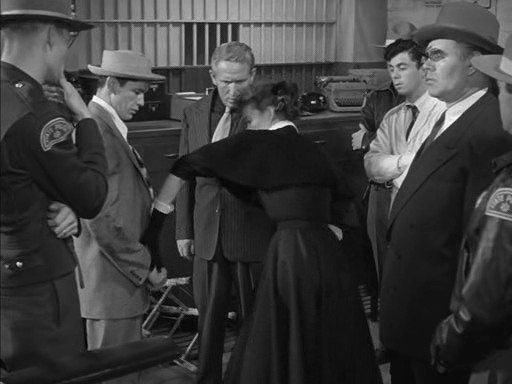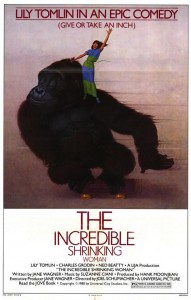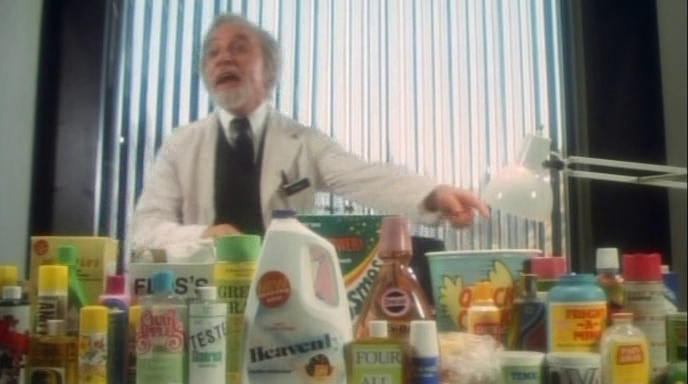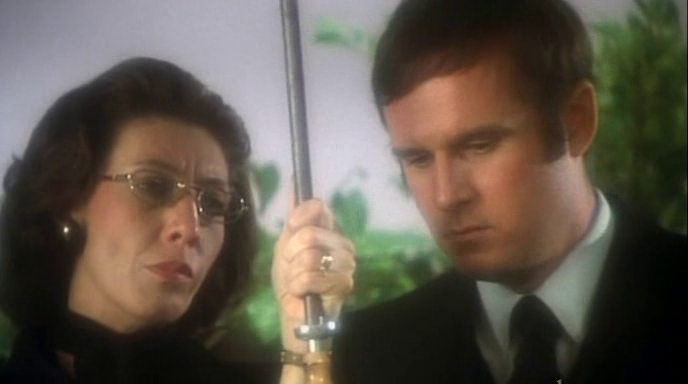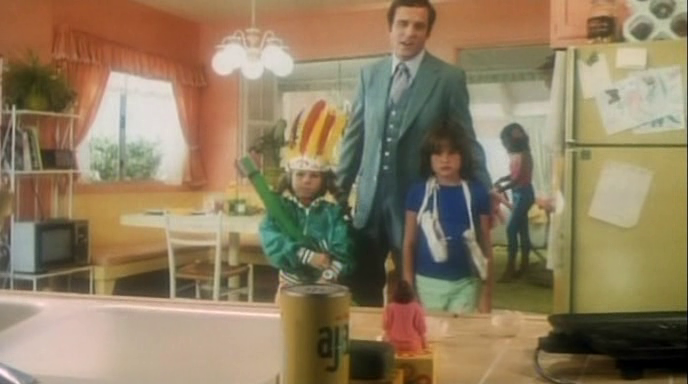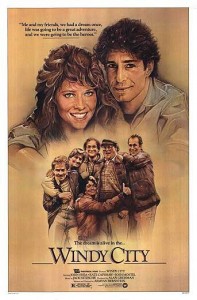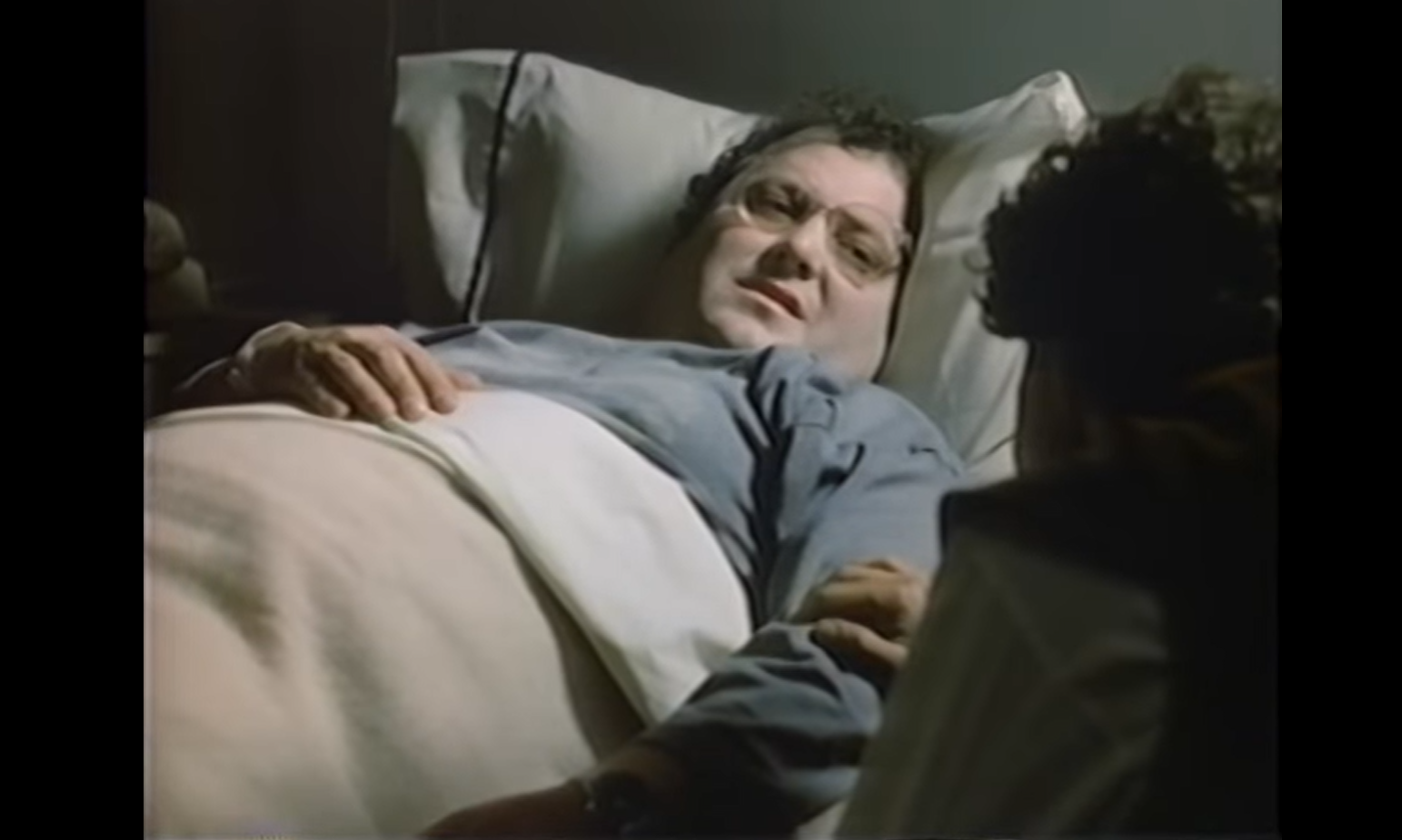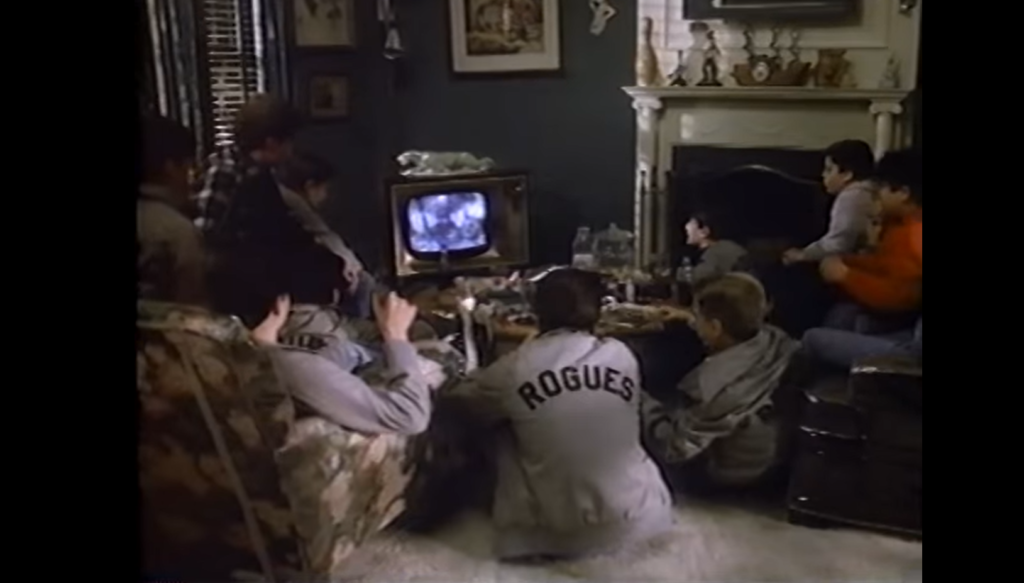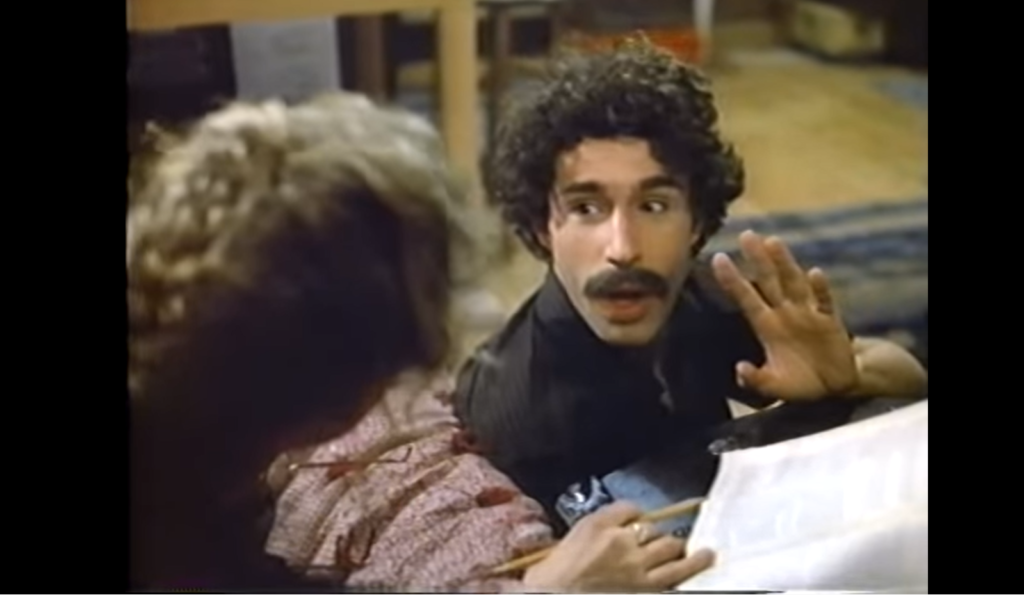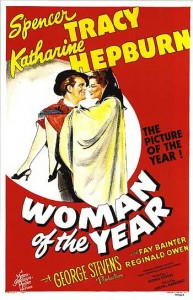|
Genres, Themes, Actors, and Directors:
- Career-versus-Marriage
- Fay Bainter Films
- Feminism and Women’s Issues
- George Stevens Films
- Journalists
- Katharine Hepburn Films
- Marital Problems
- Romantic Comedy
- Spencer Tracy Films
- Strong Females
- William Bendix Films
Response to Peary’s Review:
Peary writes that just as “Spencer Tracy’s sportswriter and Katharine Hepburn’s political columnist… can feel the chemistry” the first time they “lay eyes on each other”, viewers “can immediately feel the chemistry between the stars in their first scene together on screen”. He points out that we get to experience the unique “joy” of “watching their characters get to know each other”, given that we now know “we’re also watching the stars develop their inimitable interplay” — one that endured throughout their real-life romance as well as through eight additional films together. He argues that the “film is hurt by silly and overly sentimental plot contrivances, and because once they’re married neither character is very appealing”, but counters that “Tracy and Hepburn ride out the rocky road”.
I’m actually more a fan of Ring Lardner, Jr. and Michael Kanin’s Oscar-winning script than Peary is. While there are certainly some “silly… plot contrivances” — as when Hepburn “adopts a Greek orphan without consulting Tracy and then hasn’t the time to be a mother” — this is par for the course in a screwball romantic comedy like WOTY, which is never anything less than delightfully zany in its portrayal of Hepburn’s over-the-topness (after all, her “Tess” is shown speaking no less than half a dozen languages fluently!). Meanwhile, as Peary argues, “what’s most fascinating about the film is Hepburn’s uninhibitedly sexual performance”, with her “sexiness com[ing] from how she uses her eyes, voice, body, and, more significantly, her mind prior to lovemaking”. Indeed, Hepburn’s intelligence is a major turn-on — not just for Tracy (who secretly seems to love his wife’s genius), but for audience members, who can easily embrace Hepburn’s Tess Harding as a feminist icon for the ages. (Now this is the pioneering female journalist we wanted to see more of in A Woman Rebels!)
The enduring question about Woman of the Year is whether its views on gender roles and marital responsibilities have dated terribly (as Peary argues is the case with all the Tracy-and-Hepburn films). It’s true that the final scene — showcasing Hepburn’s disastrous attempts to make breakfast for her husband, a la Buster Keaton in The Navigator (1924) — would seem to hint that the characters have finally caved to sexist mid-century mores; but listen carefully, and you’ll find that this really isn’t the case. Indeed, while Hepburn is clearly made out to be the “villain” throughout the film — with poor, put-upon Tracy simply enduring her hectic lifestyle until he finally puts his foot down — the moral of the story isn’t that Hepburn should give up her phenomenal success for the sake of being a housewife. Rather, the lesson being taught is a remarkably modern one: the need for compromise and balance in any relationship.
Redeeming Qualities and Moments:
- Katharine Hepburn as Tess Harding (nominated by Peary as one of the Best Actresses of the Year in his Alternate Oscars)
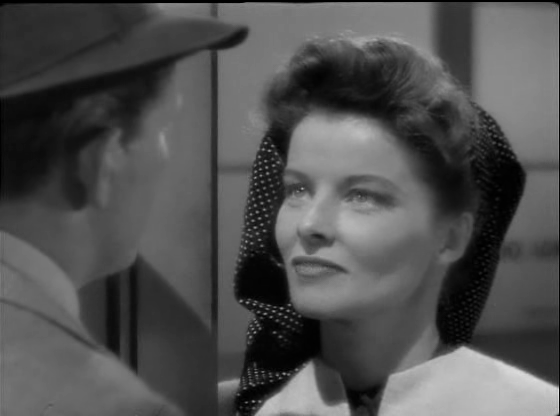
- Spencer Tracy as Sam Craig (nominated by Peary as one of the Best Actors of the Year in Alternate Oscars)
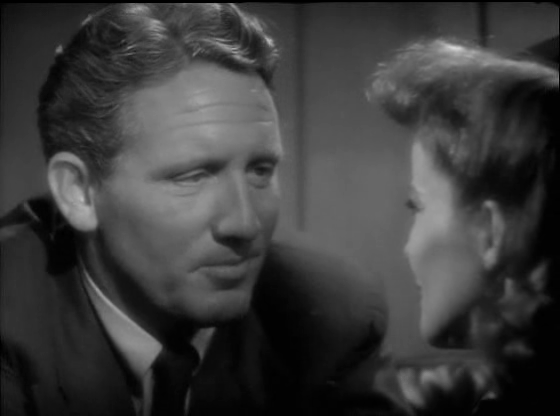
- Plenty of believable onscreen chemistry between Hepburn and Tracy

- Tess’s addled attempt to make breakfast; click here to listen to a fun podcast by www.thescarlettolive.com about “food in film” which briefly addresses this scene
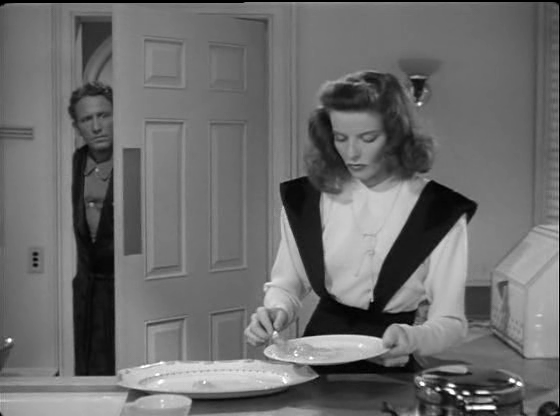
- An enjoyably witty screenplay by Ring Lardner, Jr. and Michael Kanin
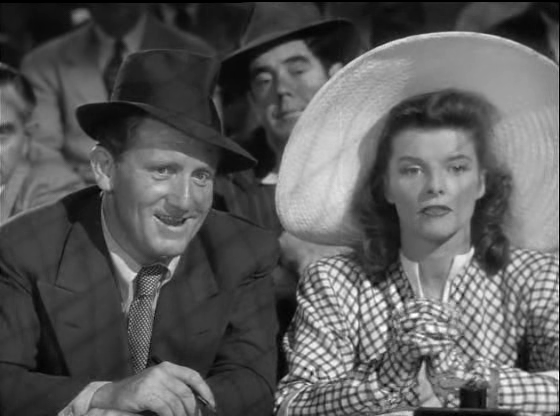
Must See?
Yes, as one of Tracy and Hepburn’s most enjoyable pictures together.
Categories
- Genuine Classic
- Noteworthy Performance(s)
Links:
|
